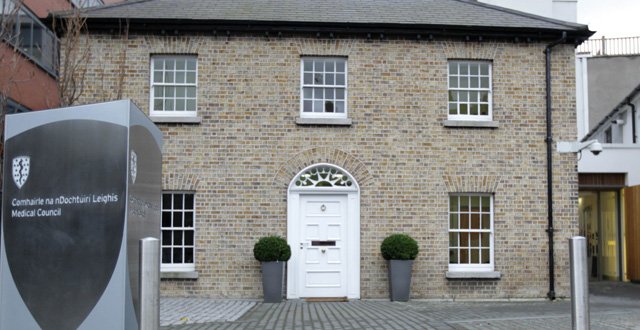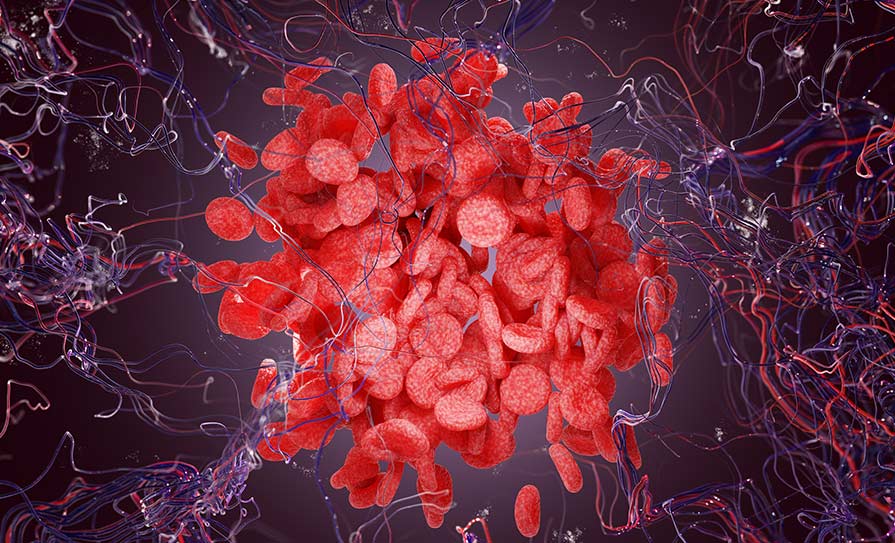The Council has held initial discussions about the report and has decided on a series of actions to ensure the implementation of Dr Scally’s report and that further improvements are made in line with the spirit of the report’s recommendations.
Dr Rita Doyle, President of the Medical Council, stated: “If we look beyond the media attention and the political focus that this issue has received since it first came to light, we can focus on what should be our key priority: patients and their families.
“Health service providers, regulators, doctors, medical professionals and various other key stakeholders must now dedicate themselves to improving patient experiences and care while working towards an Ireland where no woman, man, child or family have the same experience that the brave women and families involved have had to deal with, many of whom we as a nation have gotten to know and have taken into our hearts.
“The Medical Council is taking the Scally Report extremely seriously. We have initial plans in place to address some of the findings in the report and will continue to carefully examine the Report, striving to ensure that real improvements will be delivered to patient care by working in partnership with doctors, employers, medical schools and the post graduate training bodies.”
“In due course, once we have detailed our multifaceted approach to the report, we will request to meet with some of the women and families involved and to seek their input and advice while also outlining initiatives the Medical Council will be leading or calling for.”
Dr Doyle added: “Issues of poor communication are not acceptable – either to the patient or the Medical Council. Almost 20 per cent of complaints to the Medical Council in 2017 related to communication issues and this cannot continue.
“The Medical Council’s Guide to Professional Conduct and Ethics highlights that good communication is central to the doctor-patient relationship and essential to the effective functioning of healthcare teams. Good communication involves listening to patients and colleagues, as well as giving information, explanations or advice.
“When communicating with patients, a doctor should be honest and give all relevant information. A doctor should welcome questions from patients and respond to them in an open, honest and comprehensive way.
“As a general practitioner for over 30 years, I strongly encourage the public to continue to attend for screening appointments when invited to do so,” concluded Dr Doyle.
Complaints received by the Medical Council about doctors are broken down into 44 different categories. However, in 2017, some 19 per cent of all complaints fell into the category of communications.
The Council said it “has been for some time working with the post graduate training bodies on the development and the implementation of a number of Continuous Professional Development (CPD) courses for doctors covering topics like communications, open disclosure and reflective practice”.
The regulator is also developing a number of new initiatives to support doctors “by providing additional guidance to further enhance good communication skills with patients and their families”.













Leave a Reply
You must be logged in to post a comment.